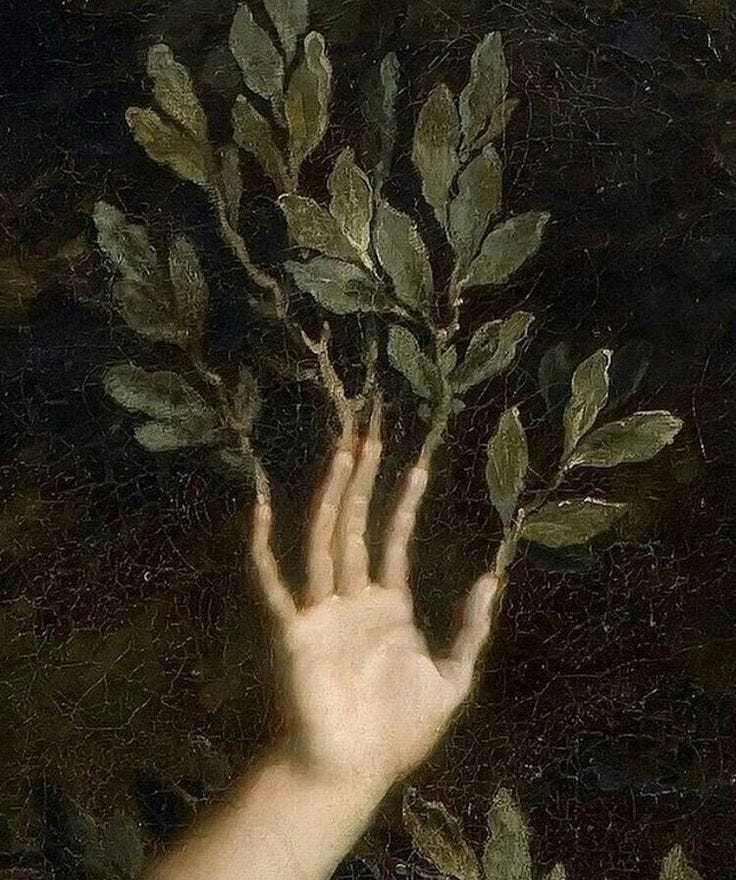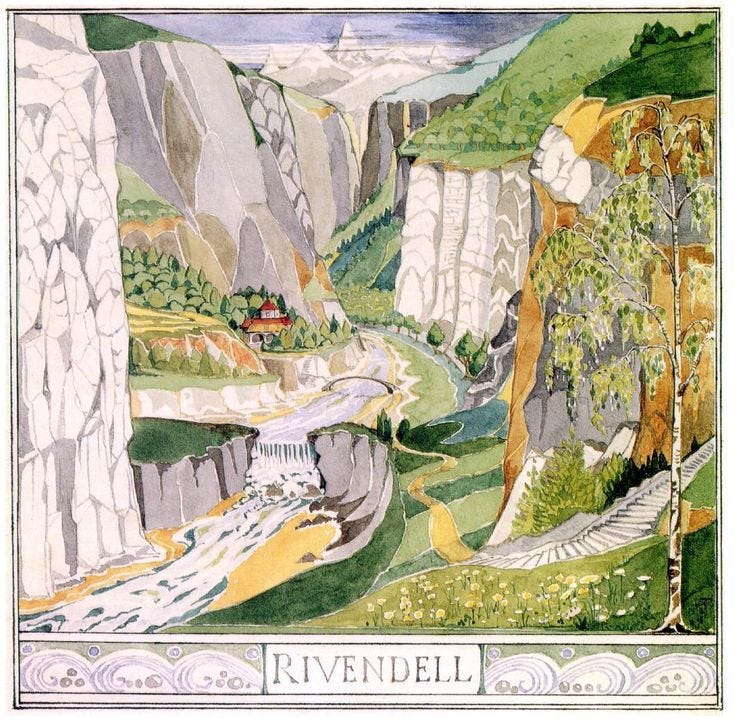Modern warfare as rage bait - facing it without becoming like what we despise.
They don't care, but you can without annihilating yourself
I’m pausing on the audio offerings for a while - I need to improve my technology and skills. But let me know if you like the audio format, and I’ll prioritise it.
Also, just a reminder that if you read my post and enjoy it, liking it is a great way to show your support 🖤
They don’t care
I am trying to honour my Sundays as a day of ‘no work’ (i.e. a rest from professional obligations, in mind and body, in whatever form that needs to take - still, active, creative, social, embodied). I’m noticing a settling when I let that happen, as the allowing doesn't always come easily. This previous Sunday, I was experiencing the warm buzz of being when I heard that the USA bombed Iran. The RAGE seethed up my spine and into my veins over the afternoon, and I proceeded to follow rabbit holes to get more context and make sense of what was happening. As if sense can be made.
Grief for the Palestinians in Gaza, and the despair about the heinous acts perpetuated by the Netanyahu-Trump autocracies had been lying dormant like a dense fog within me for the last year. A hopelessness that recognises that the powerful and greedy do what they want, and spin truth and lies, to pursue self-interested narratives. They don’t care.
I have never commented or taken a public position, as I know the geo-politics are complex and I don’t have the language to articulate my understanding with clarity. I know there is no singular truth, that multiple truths can be possible at once. A capacity to entertain multiple perspectives in this instance can feel like a curse. So I’ve felt quite hopeless, particularly as it's obvious that protest and demand for justice and humanity seem to hold little weight. Again, they don’t care.
While the latest acts of ruthless warfare mobilised enough fire-heat to dissipate the cloud, my rage also revealed a death wish. My mind created fantasies that a quick and effective solution to this unsolvable problem would be just to assassinate the narcissists in power.
How quickly the switch flips. I could easily become just like them.
We need stories of hope
Such hopelessness can arise, I think, only from an inability to face the present, to live in the present, to live as a responsible being among other beings in the sacred world here and now, which is all we have, and all we need, to find our hope upon.
Ursula K. Le Guin
In the above quote, Le Guin had been talking about apocalyptic and end-of-the-world stories in science fiction that arose after WW2. She notes these are very specific to the West (i.e. primarily UK and USA), with various kinds of “acting out” of different scenarios that either use fear, anger or cautionary tales as the basis for how life goes on when the world ends. Either everyone dies, or it's a Darwinian-esc battle for survival of the fittest, or humans become mutants, or humans escape the planet.
Le Guin says the better ones offer the basic human need of hope, as well as facing the fact that humans have the capacity to destroy themselves (i.e., J.R.R. Tolkien’s LOTR).
Meanwhile, other stories perpetuate the “heroic fantasy in which Good defeats Evil by killing it with a sword or staff or something phallic”. These, Le Guin says, are about instant gratification (much like my fantasy!) or wishful thinking and magic. These are hopeless tales as there is no moral or psychological justification for the actions or killings, and they're written from a place of despair.
It seems modern warfare is living out these fantasies. And it’s easy to fall into despair.
Philosopher Byung-Chul Han describes how early archaic warfare, while still violent, was political and reciprocal in how it followed rules and ritual, and the enemy was faced as an equal. Now in modern warfare, the enemy is no longer faced (so has no face), is degraded into a criminal, and the act of killing is a part of work and production, and asymmetrical in its ruthless blindsiding.
What does all this mean for us? Here, on the opposite side of the world, where it is relatively safe?
Facing it and transcending it
We may feel overwhelmed by fear and anxiety as the tension in life becomes greater and problems seem to grow in size as time runs out, but what life wants is meaningful change. Either we face the way that life roars at us and become wiser and more of a friend of the world, or else we run in fear and shrink from life, mystery, and love.
Michael Meade
We now have more access to knowing about atrocities than ever before. Constant exposure to news and images of violence and horror is certainly having an impact on our minds, bodies, health, and sleep. Seeing it all and feeling it all can lead to existential burnout.
The anxieties, melancholy, and rage we carry are connected to these greater happenings, so not all ‘personal’. We can numb out, suppress it all under a cloud, or use anger to advocate to be a voice. These options are acceptable as this stuff is difficult to process. But trying to solve them as if they were personal will fail, or at least won’t be sustainable.
Transcendence is not a denial or detachment from my story or our story. It is an arduous commitment to truth-telling; to fully seeing; to empathetic listening that requires the work of living and be-ing in the world; of deep, intimate knowing; of moving beyond our theories and maps into relationship building.
Felicia Murrell
But like Murrel and Meade and Le Guin - I like the idea of facing it, but also transcending it, so the ‘solving’ occurs through a lens of humanity and relationship. Not tuning away, but also not necessarily drowning in the reality. Fulfilling important obligations, but not allowing yourself to be ruined by it, or embittered. Feeling the grief fully, but also allowing yourself to enjoy your Sundays, the beauty and love that exists in your life - fully.
I like this TikTok creator’s take on Tolkien’s world and mythology he created. She says, “The Hobbits win because they don’t assimilate, they never become like the world that’s trying to destroy them”. So they continue to enjoy a kind of innocence that helps them maintain their sense of self and community.
The seething has settled - energy now for turning towards
Almost a week on, my rage has transformed. I am thankful that I glimpsed for a moment how I could become like them. I don't need to literalise the rage as a call to fight. The rage can be an energy that gives me direction and force to help me move into new territory.
It did its work to begin to mobilise me in new ways, which can be subtle and steady. Direction not super clear, but some glimmers and sparks help me articulate how I want to face and be in the world as a response to events.
I’m here writing a piece I know has gaps in it. I’m here, turning toward relationships and communities that help me keep my heart open. I’m here, severing ties as needed, too. I’m here knowing I’m being fed spin and refusing to absorb spin. The rage has a helpful shadow that is propelling me to keep being in the world in a way I have perhaps previously avoided, suppressed or hidden from.
Mendy xx
If you enjoyed this post, go ahead and like, share or comment. It helps a lot 🖤
References mentioned/used
Le Guin, Ursula K. Dancing at the Edge of the World: Thoughts on Words, Women, Places. New York: Grove Press, 1989. - See essay: “Facing It” (originally published in 1982).
Han, Byung-Chul. The Disappearance of Rituals: A Topology of the Present. Translated by Daniel Steuer. Cambridge, UK: Polity Press, 2020.
Meade, Michael. 2012. Why the World Doesn’t End: Tales of Renewal in Times of Loss. Seattle: Greenfire Press.
Murrell, Felicia. 2025. “The Impact of Our Stories on Others.” Center for Action and Contemplation. Accessed June 28, 2025. https://cac.org/daily-meditations/the-impact-of-our-stories-on-others.
Tolkien, J.R.R. 2004. The Lord of the Rings. Boston: Houghton Mifflin.
🗝️Work with me 1-1 (online)







